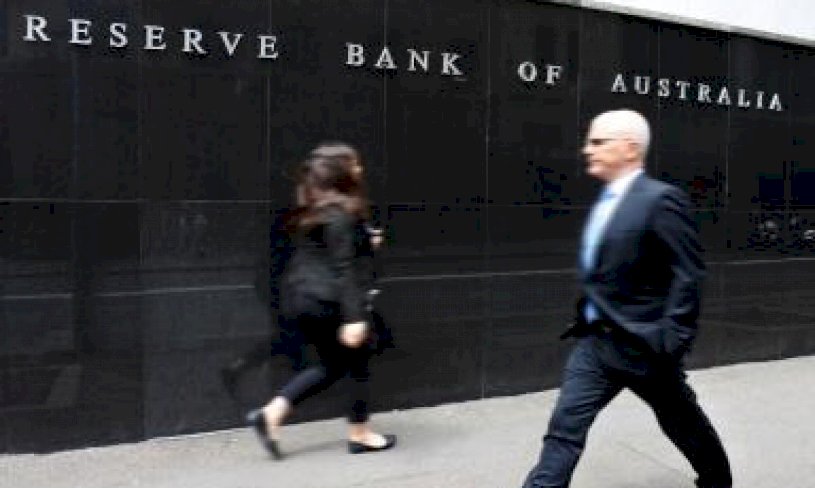Federal Budget 2024: Australia has made its future, but leaves small...
Treasurer Jim Chalmers presented his third Federal Budget on 14 May. The small businesses temporary instant asset...
READ MORE
The Reserve Bank has held official interest rates at record lows amid record house price growth.

In line with expectations, the RBA has held the cash rate at a record low of 0.1 per cent.
The decision to leave interest rates on hold has been largely expected by economists, with the RBA openly repeating on several occasions that rates will likely remain as they are until 2024 at the earliest.
CreditorWatch chief economist Harley Dale believes updates on the economic recovery remain largely positive, including better-than-expected outcomes for the business sector and red-hot property prices.
“The synchronisation of expansionary fiscal policy and ultra-low interest rates are clearly paying dividends, and the Reserve Bank of Australia (RBA) appears quite comfortable with the current situation as the central bank holds fast on interest rates until the dynamics of Australia’s inflationary pressures change,” he said.
However, the CreditorWatch chief said we still need to work hard to find a decent inflationary pulse for the economy, and that ever-elusive evidence of upward pressure on wages.
“It’s just one month to go until the RBA’s $200 billion term funding facility for banks comes to an end and questions [linger] around whether the RBA will inject additional liquidity to complement the federal government’s expansionary fiscal policy,” Mr Dale said.
He said H2 will be an important time for boosting business investment and ensuring Australia’s economic recovery remains durable.
Meanwhile, Bankwest Curtin Economics Centre deputy director Rebecca Cassells said the RBA has continued to reaffirm its commitment to lifting the cash rate only when “actual” inflation is between the 2–3 per cent target, which they don’t expect to happen until 2024.
“Some might say that this is quite a pessimistic outlook given the recovery and acceleration in the economy lately. Will it really take 2.5 years to reach this target? Not if the labour market continues to tighten and wage rises follow,” Ms Cassells said.
“This is a real possibility given the noises on the ground — particularly in Western Australia — and we should expect this to feed through into the wage price index sooner rather than later. If it doesn’t then either something is up with the index, or something is up with the ability of market mechanisms to deliver wage increases.”
Head of economic and markets research at Bendigo Bank, David Robertson, said the next move in interest rates is almost certain to be up, with the RBA likely to start tightening monetary policy by 2023.
“The current pace of economic recovery combined with fiscal and monetary stimulus may bring this forward to late 2022, but the RBA would prefer to wait for other central banks (e.g. NZ and Canada) to move first, before exiting ‘zero per cent interest rates’,” he said.